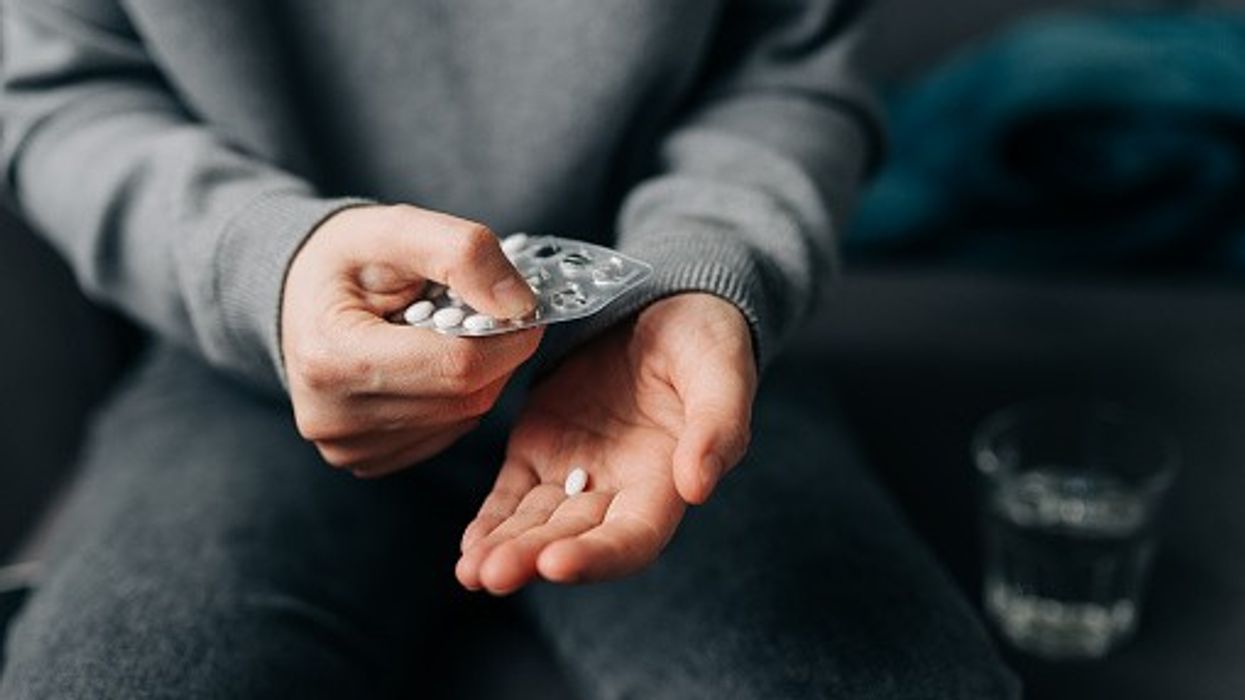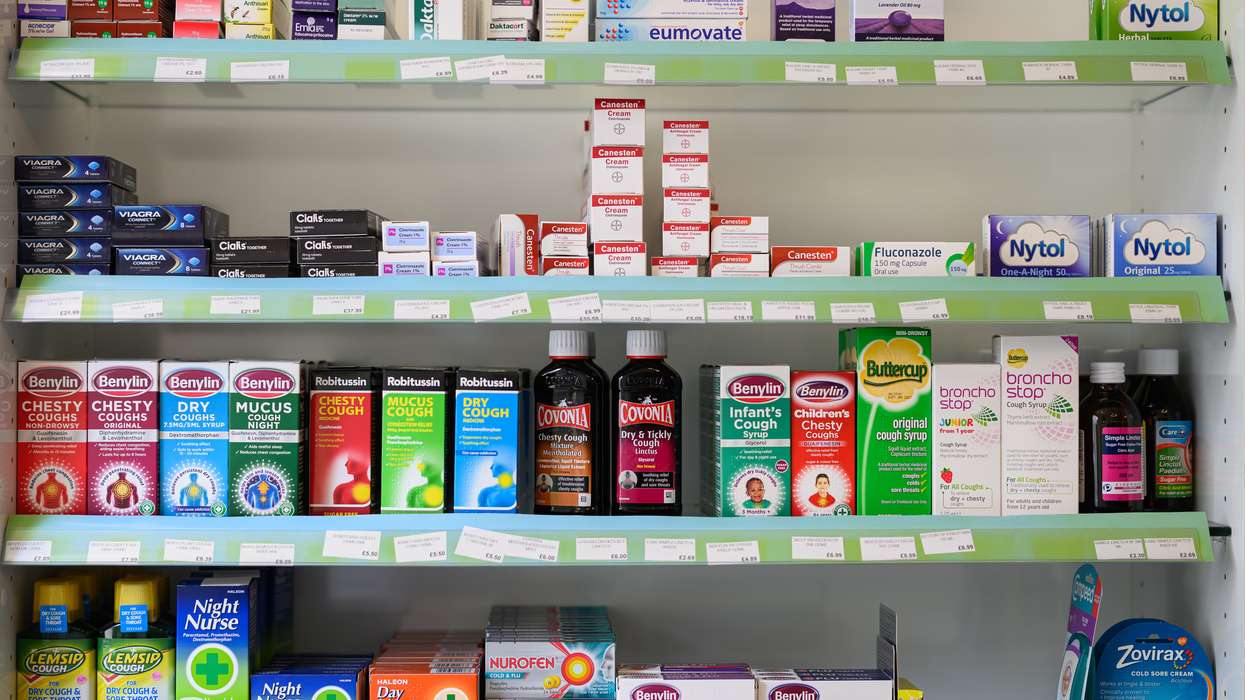The National Pharmacy Association (NPA) has expressed concern over the widespread misconceptions among some patients regarding the role of antibiotics.
In a survey conducted by the NPA, nearly four in five pharmacies (79 per cent) reported receiving and refusing requests for unnecessary antibiotics from patients for minor ailments such as coughs and colds – often where they are ineffective – at least once a day.
These could be viral infections that will clear up without the use of antibiotics, the NPA explained.
Between the 23rd and 27 April 2025, around 400 community pharmacies were surveyed, with 77 per cent of them reporting that the current level of demand for antibiotics to treat minor ailments could pose a risk to patient and wider population safety.
NPA chair Olivier Picard said: “Although antibiotics may be an appropriate course of treatment for some conditions, for other ailments like viral coughs and sore throats, they may not be effective.”
“This could also mean antibiotics may not be effective for treating more serious conditions, posing a risk to patient safety.
“Pharmacists are highly trained medical professionals who see nearly two million patients a day and provide medication advice. They can supply antimicrobials in some circumstances, but only when they are clinically needed.
“Pharmacies take very seriously their roles as antimicrobial stewards and provide more clinical services than ever before, taking pressures away from GPs and the rest of the health system.”
Pharmacies also reported incidents of patients attempting to reuse or redistribute leftover antibiotics through social media groups, and others stockpiling them for future use, a practice that can contribute to growing antibiotic resistance.
In some cases, pharmacies have even reported seeing half-used courses of treatments being posted on local community reuse social media groups.
One in four pharmacies (25 per cent) surveyed reported that patients frequently returned partially used antibiotics, while more than a third (37 per cent) said they were aware of patients regularly hoarding antibiotics for a later date.
Pharmacists also reported cases of patients requesting antibiotics before going on holiday, as well as returning from abroad with significant quantities of antibiotics for conditions that would not normally be treated by them in the UK.
The NPA, who are the largest community pharmacy membership body in the UK, have joined forces with the UK Health Security Agency (UKHSA) to support their campaign ‘Andi Biotic’ to tackle public misconceptions on antibiotics, especially among young adults aged 18-34.
Diane Ashiru-Oredope, lead pharmacist for antimicrobial resistance at UKHSA, highlighted that addressing misconceptions about taking antibiotics is an important part of tackling antibiotic resistance.
“Antibiotic resistance is impacting people every day in this country. Not being able to effectively prevent and treat infections is one of the biggest threats to our health," she said.
“The situation is not hopeless though, we can all work together to help keep antibiotics working. For example, only taking them when prescribed and as directed by a healthcare professional, not taking antibiotics for colds and flu and not saving antibiotics for future use - unused antibiotics can be returned to pharmacies.
“Taking action not only protects our own individual health - it also protects everyone in our communities and future generations."
The six-week public awareness campaign aims to answer people’s uncertainties about when and how to take antibiotics to help preserve their effectiveness today and for future generations.
NPA and UKHSA are urging patients to understand that not all ailments can be treated with antibiotics, and using them unnecessarily for minor conditions, such as colds, can reduce their effectiveness when needed for other, more serious illnesses, creating antibiotic resistance.
The campaign urges people to use antibiotics in the right way:
- Avoiding antibiotics for colds and flu, as they are ineffective against viral infections
- Only taking antibiotics when prescribed, and as directed by a healthcare professional
- Never saving leftover antibiotics for future use













